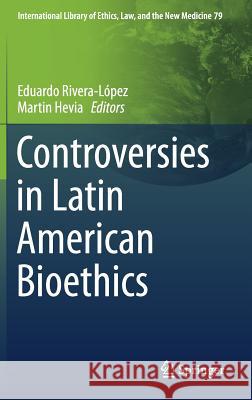Controversies in Latin American Bioethics » książka
topmenu
Controversies in Latin American Bioethics
ISBN-13: 9783030179625 / Angielski / Twarda / 2019 / 243 str.
Controversies in Latin American Bioethics
ISBN-13: 9783030179625 / Angielski / Twarda / 2019 / 243 str.
cena 402,53
(netto: 383,36 VAT: 5%)
Najniższa cena z 30 dni: 385,52
(netto: 383,36 VAT: 5%)
Najniższa cena z 30 dni: 385,52
Termin realizacji zamówienia:
ok. 16-18 dni roboczych.
ok. 16-18 dni roboczych.
Darmowa dostawa!
Kategorie BISAC:
Wydawca:
Springer
Seria wydawnicza:
Język:
Angielski
ISBN-13:
9783030179625
Rok wydania:
2019
Wydanie:
2019
Ilość stron:
243
Waga:
0.53 kg
Wymiary:
23.39 x 15.6 x 1.6
Oprawa:
Twarda
Wolumenów:
01
Dodatkowe informacje:
Wydanie ilustrowane











